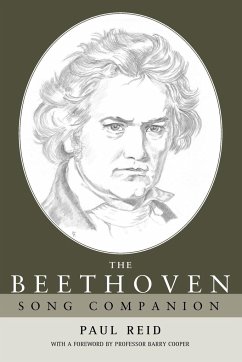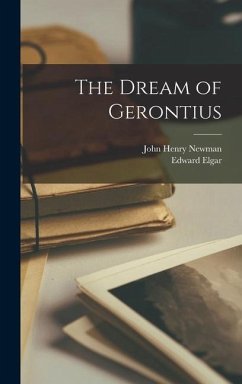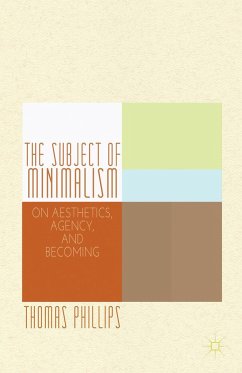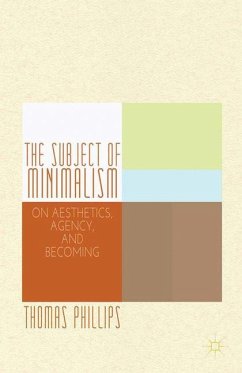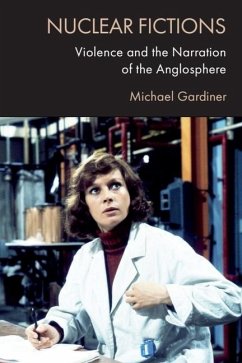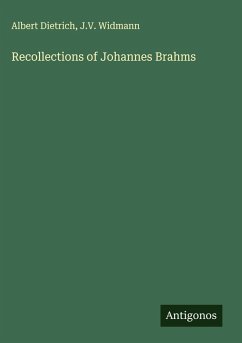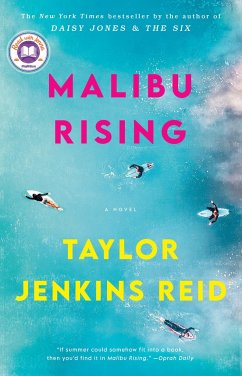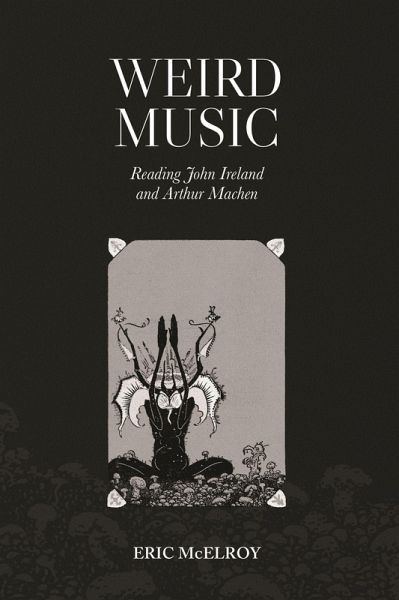
Weird Music: Reading John Ireland and Arthur Machen
Versandkostenfrei!
Erscheint vorauss. 24. März 2026
117,99 €
inkl. MwSt.

PAYBACK Punkte
59 °P sammeln!
Using John Ireland's fascination with Arthur Machen as case study, this book challenges our perception of the correspondence between music and literature in twentieth-century Britain. The composer John Ireland (1879-1962) declared repeatedly that no one could understand his music until they had first read the work of his favourite writer, Arthur Machen (1863-1947). This book is the first study to take Ireland at his word. Revolving around Machen's classification as a founding figure of 'weird fiction', it uses weird aesthetics as an interpretative lens with which to understand Ireland's notori...
Using John Ireland's fascination with Arthur Machen as case study, this book challenges our perception of the correspondence between music and literature in twentieth-century Britain. The composer John Ireland (1879-1962) declared repeatedly that no one could understand his music until they had first read the work of his favourite writer, Arthur Machen (1863-1947). This book is the first study to take Ireland at his word. Revolving around Machen's classification as a founding figure of 'weird fiction', it uses weird aesthetics as an interpretative lens with which to understand Ireland's notoriously cryptic life and music. Its four chapters deal respectively with Machen's and Ireland's parallel explorations of weird art's relationship with eroticism; with fin-de-siècle London; with the English pastoral tradition; and with unsettling implications of alternative historiography. The resulting portrait reveals Ireland to be one of Britain's pre-eminent 'weird artists', placing Ireland in the aesthetic context with which he wished to be associated. It therefore fills a significant gap in British musicology, while at the same time contributing to a growing appreciation of Machen as a major figure in British culture, one whose influence exceeds far beyond the literary sphere to which he is traditionally confined. Using Ireland's fascination with Machen as its case study, this book makes a timely and necessary connection between the literary weird and its musical doppelgänger, enriching and challenging our perception of the correspondence between music and literature in twentieth-century Britain.



